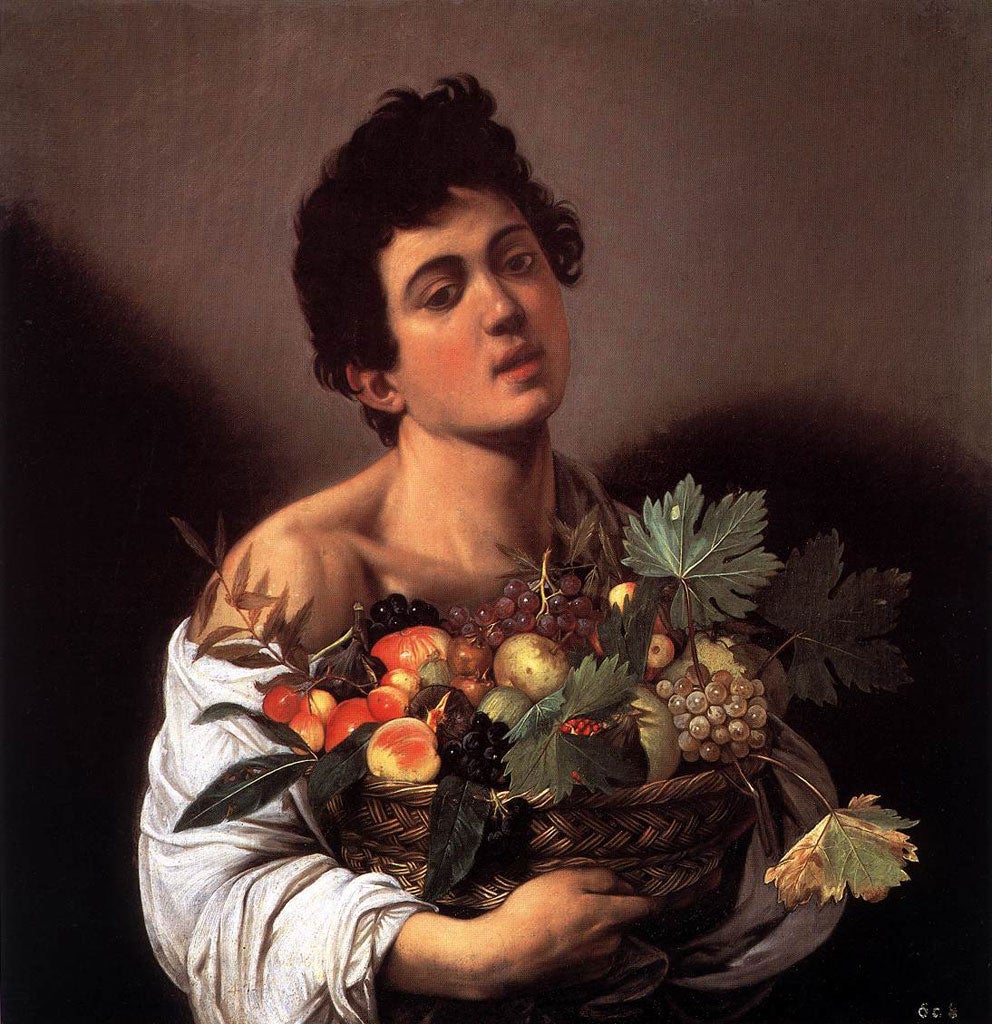
Your support helps us to tell the story
From reproductive rights to climate change to Big Tech, The Independent is on the ground when the story is developing. Whether it's investigating the financials of Elon Musk's pro-Trump PAC or producing our latest documentary, 'The A Word', which shines a light on the American women fighting for reproductive rights, we know how important it is to parse out the facts from the messaging.
At such a critical moment in US history, we need reporters on the ground. Your donation allows us to keep sending journalists to speak to both sides of the story.
The Independent is trusted by Americans across the entire political spectrum. And unlike many other quality news outlets, we choose not to lock Americans out of our reporting and analysis with paywalls. We believe quality journalism should be available to everyone, paid for by those who can afford it.
Your support makes all the difference.The handful of recipes in this intriguing curiosity about "madness, beauty and the food of Rome" includes "a charming description of Vineyard Snails" from 1930 and a seminal recipe for tomato sauce from 1891, but the strangest takes the form of an eight-page interview. "Other ingredients are absolutely not allowed, so we have to take maximum care that it's only flour and water," says David Winner's informant, before explaining the subsequent stages – mixing, pressing, baking, humidification and wrapping – of the process. "We pay a lot of attention to every detail because we know what the wafer will become."
What it will become is the literal body of Christ, at least in the eyes of a Roman Catholic believer. After his telephonic interrogation of the convent-enclosed Sister Maria, Winner explores transubstantiation in two other chapters. The Body concludes with a reflection on the "cannibalistic aspect of God-eating", while The Blood quotes the cultural historian Piero Camporesi about how "the magical metamorphosis of wine into blood... excited queer, paradoxical, morbid, vaguely vampiric attitudes."
Anyone who acquires Al Dente in the hope of enlightenment about Roman cuisine is in for a surprise. The book starts in bizarre fashion with a chapter called The Water. Winner joins a professor of criminal law to sip from a public spigot near the Trevi Fountain. "Ahh," says the prof. "It tastes...of the cosmos!" Following chapters are entitled The Feast (a tour of the weird films by the "darkly subversive" Marco Ferreri that culminates in a five-page account of La Grande Bouffe, his epic of suicidal overindulgence), The Fast (about the repellent fourth-century killjoy St Jerome) and The Peach, where Winner decides to recreate Caravaggio's Boy with Fruit Basket with his girlfriend Valeria standing in for the "16th-century rent boy".
Cinema returns in The Mushroom, though there is no food here since the title refers to a curiously shaped water tower in Antonioni's "beautiful and terrifying" L'Eclisse. The Fig and the Anchovy turns out to be to be about anti-Semitism in Italy, which informs us that Jews were once forced to pay for carnival celebrations at the start of Lent. For nutrition, we must turn to The Macaroni, about the role of pasta in the unification of Italy, and The Ice Cream, which concerns the gelati of Giovanni Fassi once licked by Mussolini and Hitler and "still reckoned to be the best in the city".
This eccentric salmagundi of a book is a delight, always entertaining and often revelatory. Winner convincingly demonstrates that the culture from which food emerges is far more interesting than dishes per se. It is a lesson worth learning in this country, where the much-touted food revolution often amounts to little more than gladiatorial kitchen competitions on TV, as incessant as they are puerile.
Join our commenting forum
Join thought-provoking conversations, follow other Independent readers and see their replies
Comments